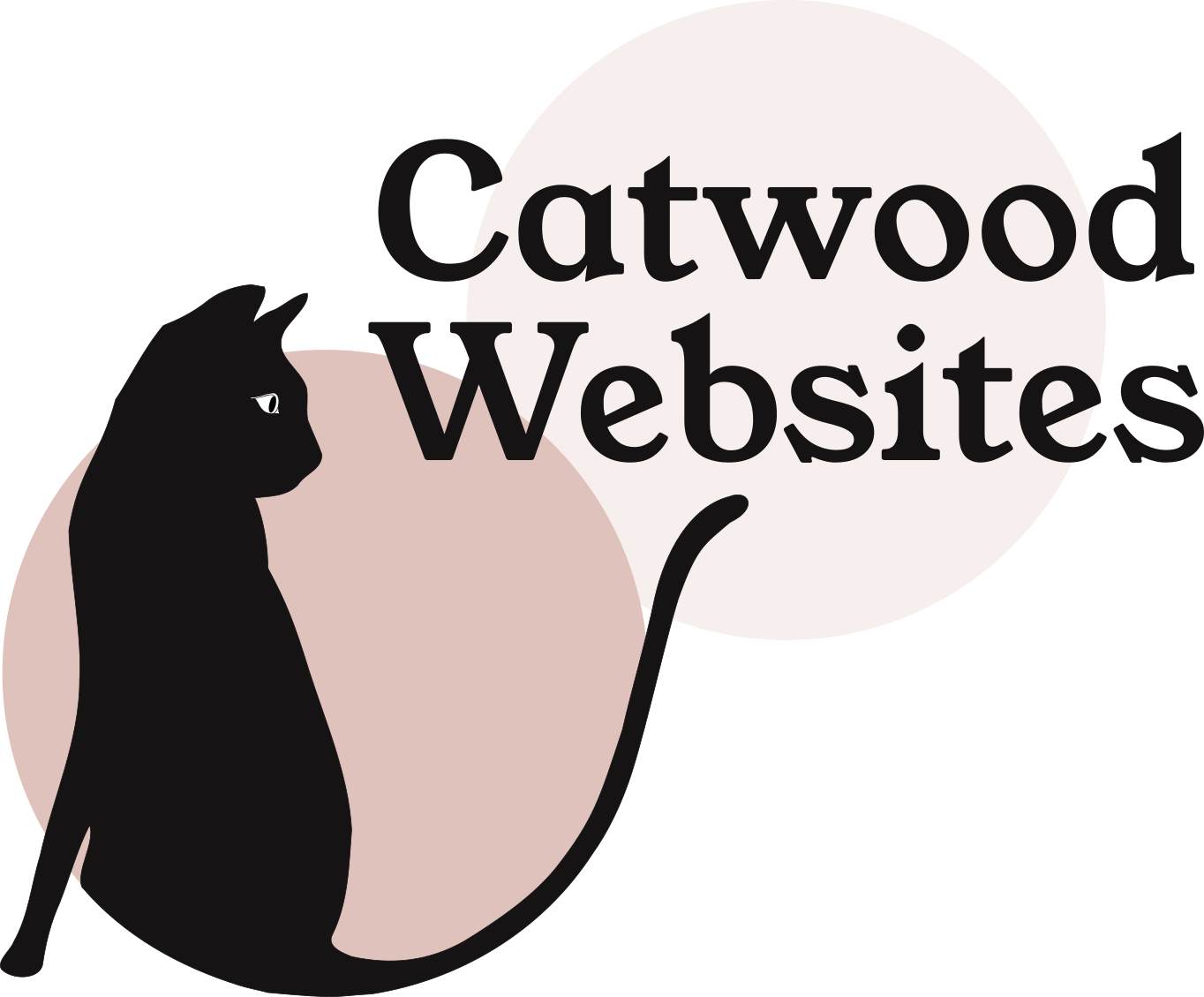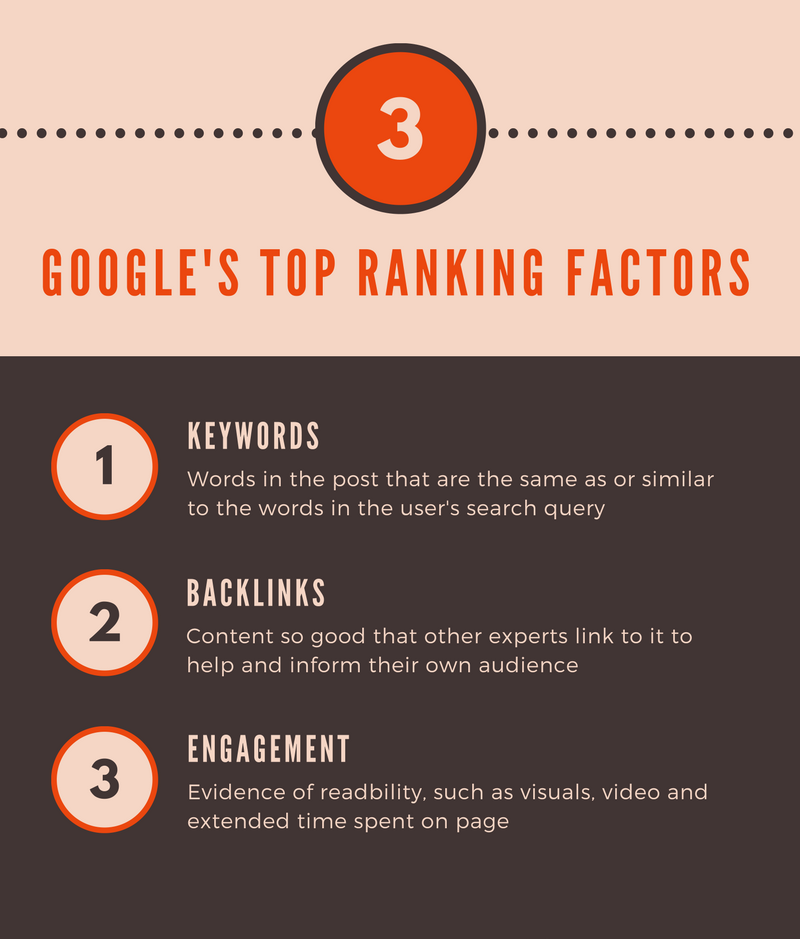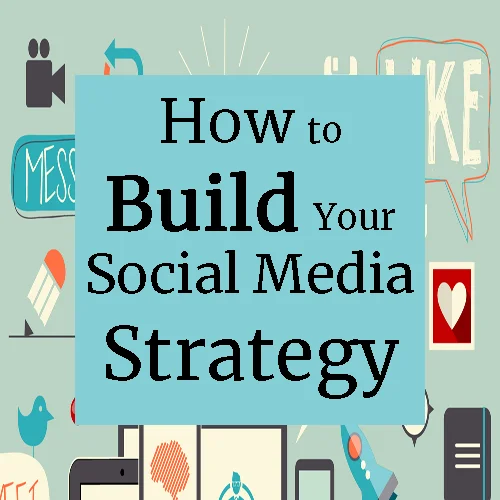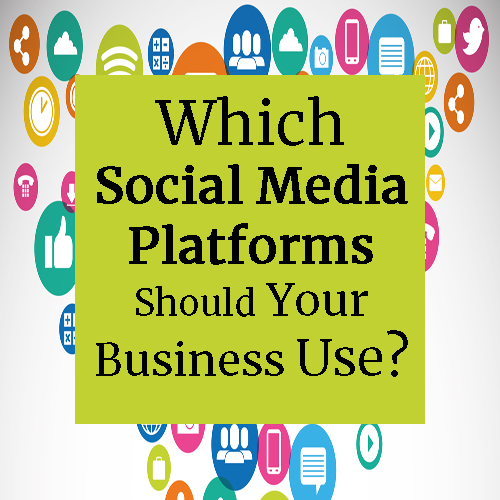Why Social Media Is Essential To Your Business
What makes a great salesperson? According to the Harvard Business Review, the best ones build strong relationships with their customers. They invest time and energy nurturing their leads until they convert them to sales.
The key is that those tenacious salespeople are present. You have every opportunity to evaluate how trustworthy they are because, unlike an advert or a brochure, you can interact with them at will. In person or on the phone, they can't hide behind their marketing.
You can infuse your website with a trustworthy tone and a consistent brand image, but you can't use it to develop relationships like you could if you could talk to every visitor. And this is where social media comes in.
Social media is a vital awareness and trust-building tool — an opportunity for people to find you, and for you to show the real you, by answering their questions and allowing people to spectate on how you interact. Although you're unlikely to use social media to nurture leads in the same way a salesperson does, the extent to which you engage with social is a true measure of your presence, openness and trustworthiness.
In the 21st Century, your customers expect to be able to find and talk to you on social media. And given that social is largely free, apart from the investment of a little time, it's not something any business can or should realistically avoid.
If you're still wondering whether going for it on social is worth the time and the learning curve, here's a bit more about social media — plus a few benefits and tips — to inspire your efforts and give you some ideas.
What is social media?
At the most basic level, each social media ‘platform' is a website where people publicly or privately interact. These interactions take can all sorts of forms — from catching up with friends and sharing photos and videos to advertising products and services. This flexibility has made social media immensely popular with individuals and businesses alike, and allowed business and pleasure to mix, merge and take on each other's characteristics.
The 'social' aspect of social media is a key feature that has prompted a shift away from the traditional 'one-to-many' model of marketing. Rather than just being passive consumers of the news and information large companies want you to read, social media gives you the power to converse, comment on articles, and create and share your own stories.
There's a wide range of social media platforms with different advantages, limitations and focuses — Facebook, LinkedIn, YouTube, Instagram and Twitter to just name a few — and getting started can feel overwhelming for the uninitiated. My tip? Start small. Choose one or two platforms that suit your business, and see where they take you.
Who uses social media?
Well, nearly everyone. Between 2005 and 2015, the number of adults using social media in North America jumped from a mere 7% to a whopping 65%. Among 18 to 29 year olds, that figure is even higher at 90%. Older people aren’t being left behind. Between 2005 and 2010, the number of social media users aged over 65 has more than tripled, from 2% to 35%.
And while people in urban areas are understandably much more likely to use social media than those who live rurally (68% of suburban residents, 64% of urban residents and 58% of rural residents), that figure is also on the rise and out-of-towners are consistently keeping track with their more cosmopolitan cousins (Pew Research Center). Here in the UK, we're never far behind the stateside curve.
An important factor in this rapid uptake is the rise of the smartphone, which has freed us from our desktop computers. We can now to engage with social media on-the-go and in record numbers. Research has found that two thirds of the UK population now owns a smartphone and spends nearly TWO HOURS a day using it to access the internet (Ofcom).
What about businesses?
Unsurprisingly, given the huge number of private users, businesses have caught on to social media as a valuable means of developing trust and interacting with their audiences. This includes, but is by no means limited to, advertising products and services and communicating with customers, both formally (i.e. tech support and customer service) and informally (through videos, blogs, and other fun, educational or entertaining stuff).
Not only is social media an effective way to engage with new and existing customers, compared to traditional media such as television, radio and print, it is also a relatively low-cost way to be there for your current and future customers. It requires little ongoing investment outside of creating the content itself.
Most social media platforms are also quite easy to use, meaning you don't have to rely on outside agencies and partners — although for larger businesses, time-poor 'solopreneurs' and those considering a massive social media assault, employing or consulting an expert will be well worth it.
Make no mistake; social media is only increasing in its ubiquity and is becoming increasingly fundamental to how people live their daily lives. Having said that, don't feel you have to rush to make your mark on every platform from day 1. It’s better to start small, experimenting with and learning one platform at a time.
How will social media benefit my business?
Apart from the obvious perk of being able to communicate with your customers for no more than the cost of your internet connection, social media can bring you all kinds of business-building benefits. These include:
1. Brand and trust development
Social media makes it easy for people to interact with your business in a place where they already feel comfortable and in control. These interactions are a great way to build confidence in your brand, both through the way your business speaks on social media (tone of voice, and the sort of content you publish) and by offering a quick and easy way to answer customers’ questions and gather feedback.
Best of all, if you answer questions politely, deal with negative feedback with good grace, and solve problems quickly and generously, spectators on your conversations —that is to say, other potential customers — will quickly see how great you are to do business with.
2. Attracting customers
Publishing content deliberately targeting a specific interest or personality type and shouting about special offers and competitions are time-tested ways to get attention from the people who need you, right now. If budgets allow, you can even consider paid-for advertising.
Once you have an established audience, see what kind of posts inspire and interest them the most, tailor your content to them and make sure they stay interested.
Increasingly, people are using social media, in particular Facebook, as a directory of local businesses. So, they might search for a plumber on Facebook instead of Google. If you provide services locally, make sure it's clear in your business description where you are and exactly what you offer.
3. Research
Because most businesses have public social media accounts, it’s not hard to take a look at what your competition is up to — and what you can learn from them. Some platforms also have search functionality, so, if you’re brave, you can normally find out what your customers are saying about you.
A note about negative comments... They sting! Especially when you know you've only ever tried your best. It's tempting to defend yourself in reply, but the golden rule of representing your business on social media accountability and respect. Complain bitterly to a friend over coffee, but only ever write down how sorry you are and how you will make things good.
Handling complicated interactions well in public will certainly impress and may even convert some people to customers. Every difficult comment is an opportunity to show your best side.
4. Networking
Social media sites such as LinkedIn are pitched specifically at professionals. That makes them excellent places to network and make connections with like-minded people who you may be able to do business with in the future.
These business-oriented platforms also often feature forums to share knowledge or ask for advice. They can be a great way to pick up work, depending on your line of business.
5. Recruitment
Another point about LinkedIn and similar platforms is that they also function as potential tools for recruitment. As well as allowing users to upload their CVs, these platforms can be used by businesses to advertise vacant positions and promote their brand to attract skilled applicants.
6. Traffic driving and search engine optimisation
The more you post, the more attention you'll bring to your business and your website. Use social media with a content marketing strategy, and you'll drive even more traffic to your website.
Increasingly, your website’s search rank can be affected by the size and influence of your social media networks. Posts you make on public platforms like Twitter may also show up in search results.
Reinvigorate your social media presence today
Getting your business on social media has many, many benefits, but the best reason to get involved is that your prospective customers are already there, and they're waiting to find out more about you.
Whatever you choose to say about yourself on your website and in your marketing, the real measure of your brand is in how you interact with your customers, what kinds of things you post and how you respond to questions and comments. A great way to learn social is by doing it, so choose a platform and get posting.




